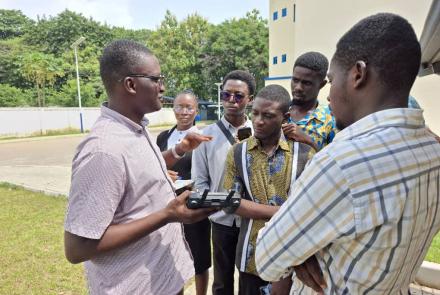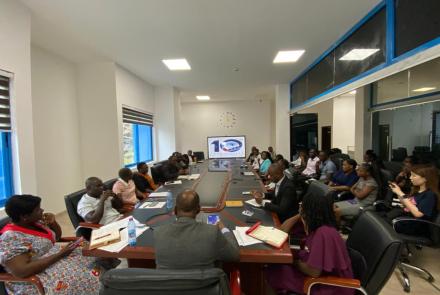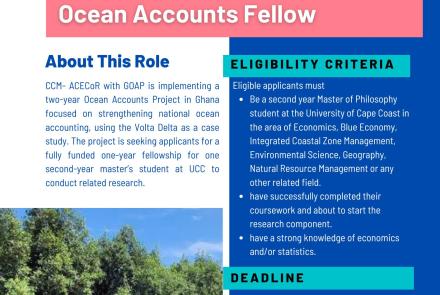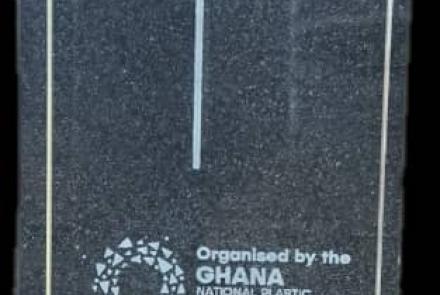Overview
Integrated coastal zone management (ICZM) also known as integrated coastal management (ICM) is defined as “a dynamic, multidisciplinary and iterative process for promoting sustainable management of the coastal zone”. It has become a subject of immense importance in many developed and developing countries because of the continuing depletion and degradation of coastal zones and its resources including critical coastal ecosystems which require remedial actions for their restoration and conservation. Worldwide the coastal zone is home to more than 50 percent of the human population.
Coastal ecosystems perform very important ecological and socio-economic functions. Ecologically, they are responsible for about 25 percent of global biological productivity including fisheries production and are also accountable for cleaning and chemically reprocessing pollutants from upland ecosystems. Socioeconomically, the supporting role of the coastal zone in Ghana’s economy, particularly in the areas of fisheries, the oil and gas industry, and power generation is well known in addition to 25 percent of the population living there.
University of Cape Coast being located in the coastal zone was identified as the focal institution to lead the integrated coastal management (ICM) programme in Ghana as far back as 1996 when the Village Infrastructure Project (VIP) under the auspices of the World Bank was being implemented by the Ministry of Food and Agriculture. As part of that project an ICM team was constituted at UCC to oversee its inclusion in the curriculum to build capacity in coastal management, starting with awareness raising on coastal issues. The then Department of Zoology was to take oversight responsibility of this project; however, the idea for UCC to highlight ICM in the country stalled with the ending of the VIP. The ICM proposal was revived when the Department of Fisheries and Aquatic Sciences was established in 2002. Two ICZM courses were introduced at the undergraduate level, a graduate programme was developed in 2003 alongside Fisheries Science, Aquaculture, and Limnology and Oceanography.
Although the Centre for Coastal Management (CCM) was envisioned as far back as 1997 and has been in “existence” since 2002, it received official recognition by the University of Cape Coast in December 2013. It was established to provide services in capacity building, research, and extension in coastal and fisheries management beyond the confines of the University.
The Centre is part of the School of Biological Sciences and is in “special relationship with the Department of Fisheries and Aquatic Sciences”, its nursery ground. It draws on the support of faculty of DFAS and other experts within and outside the University of Cape Coast with backgrounds and expertise in coastal management as a multidisciplinary subject.
For a start, the Centre is being supported to become fully operational by the United States Agency for International Development (USAID) through the multi-year USAID/UCC Fisheries and Coastal Management Capacity Building Support Project (2014-2019). Training of personnel to support operations of the Centre in critical areas as coastal governance, marine affairs, fisheries management and coastal adaptation to climate change is underway through the Project.





